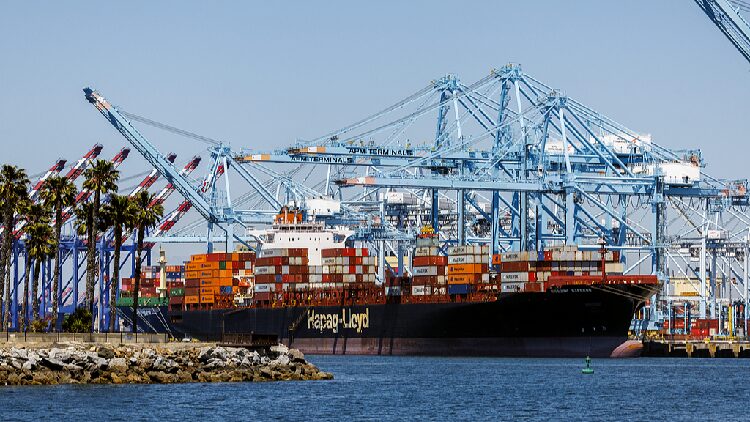The United States’ escalating trade tariffs are causing significant economic turbulence worldwide, hitting industries from agriculture to automotive manufacturing. As the U.S. raises barriers, countries around the globe are feeling the strain, with rising production costs, suppressed consumer demand, and threats to employment.
Global Industries Under Pressure
Manufacturing sectors that rely heavily on physical goods, such as retail and industrial materials, are experiencing increased production costs. This not only squeezes corporate profits but also leads to higher prices for consumers, potentially reducing demand and slowing economic growth.
In the agricultural sector, U.S. farmers are facing serious challenges. With 50 percent of soybeans produced in the U.S. destined for export, farmers like Caleb Ragland from Kentucky warn of financial strain if market conditions don’t improve by the fall harvest.
“Our livelihoods are on the line,” said Ragland, president of the American Soybean Association. “Tariffs are making it harder to sell our crops abroad, and that’s hurting farmers across the country.”
Floral Industry Wilts Under Tariffs
The U.S. floral industry, which imports about 80 percent of its flowers, is also feeling the pinch. Increased tariffs are driving up costs, forcing florists and wholesalers into difficult situations as they grapple with higher expenses and concerned customers.
“We’re caught in the middle,” a flower wholesaler told CMG. “Our flowers come from places like Ecuador, Colombia, Canada, Thailand, and the Netherlands. Tariffs mean higher prices for us and for our clients.”
International Impact: South Korea, Germany, and Canada
The repercussions of U.S. tariffs are not confined to domestic industries. Hyundai Motor Group, South Korea’s largest automotive exporter to the U.S., had planned a massive investment of $21 billion in the U.S. over the next four years. However, tariff hikes have forced the company into “emergency management” mode, implementing cost-cutting measures and suspending operations at some plants.
In Germany, the engineering machinery sector watches warily as punitive tariffs threaten trade relationships. The German Engineering Federation warns that these measures could trigger a spiral of retaliation, harming both German exports and the U.S.’s access to high-tech machinery essential for industry upgrades.
Canada, heavily dependent on exports to the U.S., faces the potential loss of up to one million jobs in key sectors like automotive, lumber, and dairy if tariffs increase. With the U.S. relying on Canadian lumber for 30 percent of its housing construction needs, disruptions could have significant impacts on both sides of the border.
Global Calls for Cooperation
The international community is expressing concern over the escalating trade tensions. At a G7 meeting in Washington, Canadian Finance Minister François-Philippe Champagne emphasized the need to combat tariffs that affect Canadian exports, warning of inflation and hindrances to global economic growth.
Kristalina Georgieva, Managing Director of the International Monetary Fund, echoed these sentiments. “The world economy is facing a new and major test,” she said. “All countries should seize this moment to lower their trade barriers, both tariff and non-tariff.”
A Call for Resolution
The ripple effects of U.S. tariffs underscore the interconnectedness of the global economy. As industries worldwide grapple with uncertainty and financial strain, there is a growing call for constructive cooperation to resolve trade disputes and promote stability.
Reference(s):
cgtn.com








